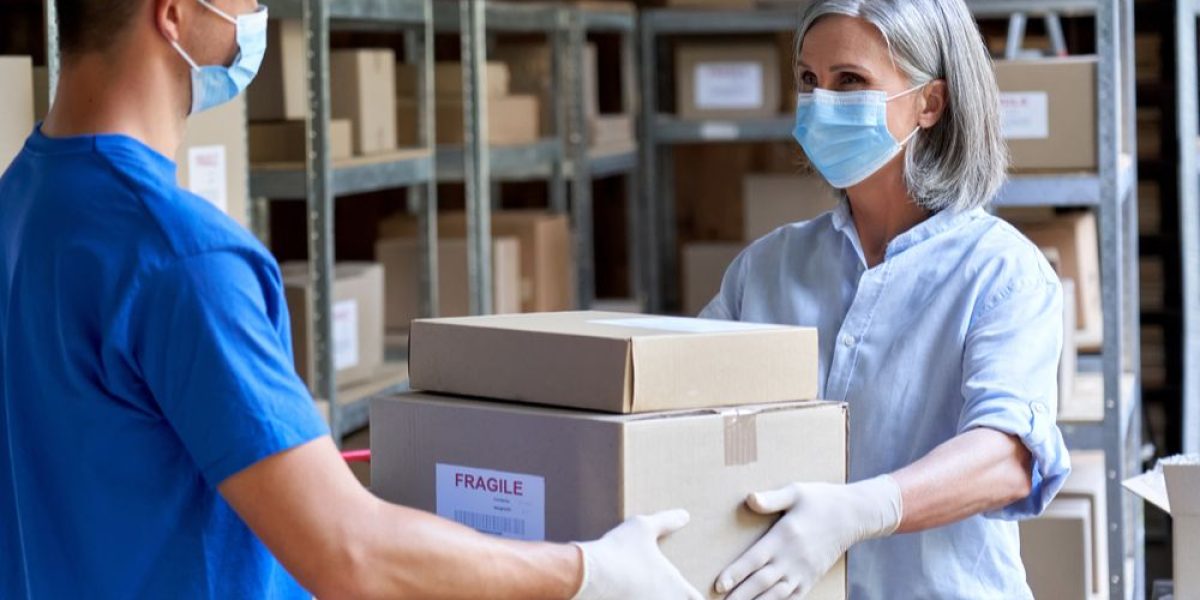Logistics for any service or good are the backbone. It involves planning, implementing, managing, and coordinating various activities starting from the transfer of raw materials to the final dispatching of finished goods and services.
Healthcare is no different. For highly effective and responsive healthcare management, you need unwavering logistics services. Logistics in healthcare become even more important as you need transportation of the products or services in optimum condition, without compromising in the quality. This makes logistics handling of healthcare highly complex and specialized. Here are some areas where logistics play a critical role in healthcare.
The flow of patients:
Logistics in healthcare include moving patients across different departments and sections in a hospital. In-patients require tests and diagnoses in different laboratories and testing centers. A critical patient might need to go to the radiology, ultrasound, ward, or intensive care unit. These departments may be in different buildings in a medical complex, requiring meticulous care in transportation from one place to another. Efficient logistics in medical allow for the smooth flow of critically sensitive patients.
The flow of medical supplies and equipment:
The medical field depends on the uninterrupted and defect-free supply of critical equipment. Medical supplies and equipment can be as simple as masks, gloves, syringes, tongue depressors, and bandages. They also include complex machinery such as x-ray, ultrasounds, and many other sophisticated equipments. Some equipment is bulky and fragile. They need special arrangements for effective transportation. While some goods are sensitive to environmental conditions such as humidity and temperature. Failure to provide the ideal environment may impact the efficacy of the medical equipment.
Therefore, specialized logistics companies ensure they take appropriate measures to ship the equipment safely. Regulatory authorities also lay down rules for the transportation of medical supplies and equipment. Medical logistics providers must also comply with these laws.
Logistics in the pharmaceutical section:
This is the most relevant medical field when it comes to logistics. A pharmaceutical supply chain involves several members including: –
- Suppliers
- Manufacturers
- Distributors
- Retailers.
Every stage is critical for preserving the goodness and efficacy of the medicine. The raw materials must arrive at the manufacturing plant in optimum condition. Similarly, the processed medicines must leave the manufacturing facility in the best packaging to avoid tampering. Throughout the supply chain, optimum temperature and humidity maintenance are important to prevent the medicines from spoiling.
The challenges for healthcare logistics providers are immense. They are responsible for the safe transportation of highly-sensitive and life-saving equipment and drugs. That is why insurance is also very important in healthcare logistics. Along with that, globalization requires logistics companies to adapt quickly to changing environments. This involves new international laws that require greater flexibility, transparency, and accountability. Environmental protection is another important concern in logistics. Healthcare logistics providers also have to ensure their work methods and management do not cause any harm to the environment.
Logistics providers cannot afford to go wrong at any stage as it could cost them very heavily. They carry out important processes such as inventory management, waste management, sanitation, automation, and maintenance to ensure effective logistics management. Successful logistics companies look for innovative and sustainable solutions that bring down costs and improve healthcare quality.







